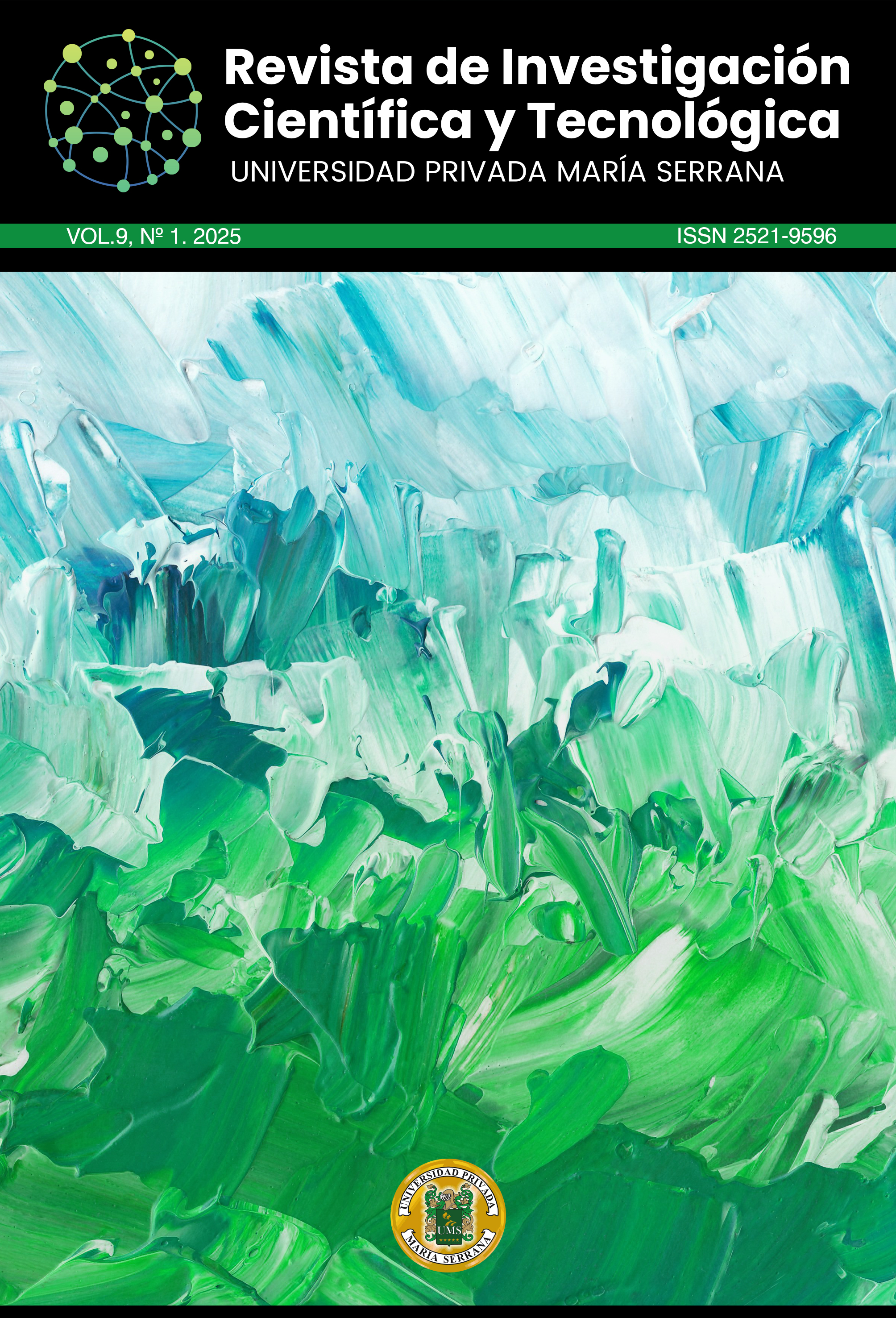Abstract
The emergence of Artificial Intelligence (AI) in the scientific domain has transformed the ways in which knowledge is produced, analyzed, and communicated. This editorial reflects on the opportunities and ethical challenges posed by its integration into academic research. It highlights the benefits of AI in fields such as medicine, social sciences, and education, as well as its ability to optimize analytical and predictive processes. However, it also addresses the risks associated with automated authorship, algorithmic opacity, bias reproduction, and the uncritical use of generative tools. The need for clear guidelines for AI use is emphasized, along with a critical digital literacy in data ethics and artificial intelligence. Twenty-first-century science must integrate AI as a strategic ally, while upholding core principles of integrity, responsibility, and human benefit.
References
Bender, E. M., Gebru, T., McMillan-Major, A., & Shmitchell, S. (2021). On the dangers of stochastic parrots: Can language models be too big? Proceedings of the 2021 ACM Conference on Fairness, Accountability, and Transparency, 610-623. https://doi.org/10.1145/3442188.3445922
Blei, D. M. (2012). Probabilistic topic models. Communications of the ACM, 55(4), 77-84. https://doi.org/10.1145/2133806.2133826
Floridi, L. (2022). Ethics, governance, and policies for the future of artificial intelligence. Springer.
Jordan, M. I., & Mitchell, T. M. (2015). Machine learning: Trends, perspectives, and prospects. Science, 349(6245), 255-260. https://doi.org/10.1126/science.aaa8415
Nature Editorial. (2023). Tools such as ChatGPT threaten transparent science; here are our ground rules for their use. Nature, 613(7945), 612. https://doi.org/10.1038/d41586-023-00191-1
Obermeyer, Z., Powers, B., Vogeli, C., & Mullainathan, S. (2019). Dissecting racial bias in an algorithm used to manage the health of populations. Science, 366(6464), 447-453. https://doi.org/10.1126/science.aax2342
Selwyn, N. (2019). Should robots replace teachers? AI and the future of education. Polity Press.
Tegmark, M. (2017). Life 3.0: Being human in the age of artificial intelligence. Alfred A. Knopf.
Topol, E. (2019). Deep medicine: How artificial intelligence can make healthcare human again. Basic Books.

This work is licensed under a Creative Commons Attribution 4.0 International License.






